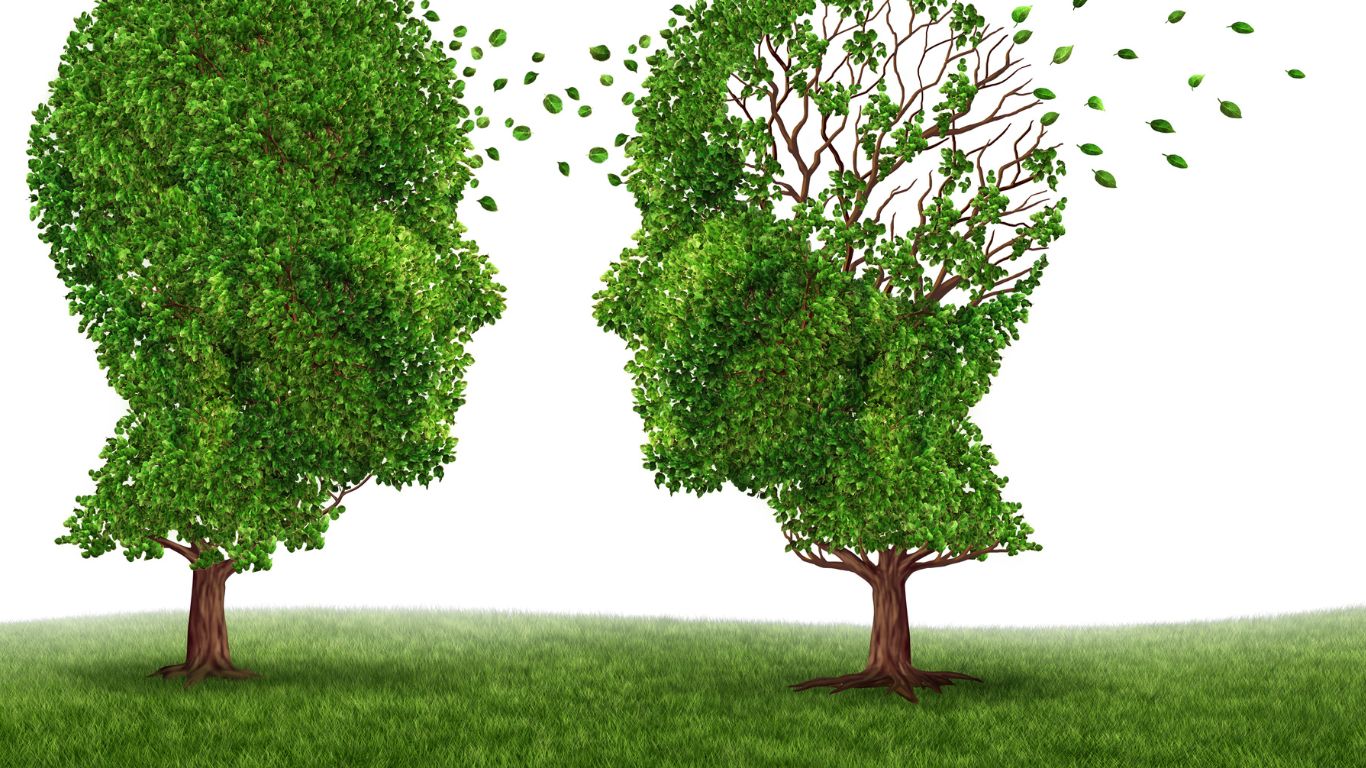30 Second Summary
- Managing daily activities with dementia or Alzheimer’s requires understanding, patience, and tailored strategies.
- Routines, simplified tasks, and clear instructions can help maintain independence and reduce confusion.
- A supportive environment with memory aids and safety measures is crucial for both patients and caregivers.
- Promoting social engagement, physical activity, and cognitive exercise can slow cognitive decline.
- Dementia elderly care emphasizes a compassionate approach to care, fostering dignity and maintaining comfort.
Dementia and Alzheimer’s disease are progressive neurological conditions that affect millions of individuals worldwide, primarily among the elderly. These diseases impair cognitive function, memory, reasoning, and communication abilities, making daily activities increasingly difficult. As a result, caregivers often face the challenge of helping those affected by dementia or Alzheimer’s maintain independence and dignity in their daily lives.
However, with the right tools, strategies, and understanding, it’s possible to manage daily activities in ways that foster well-being, enhance quality of life, and minimize stress for both the individual and their caregiver. This article explores practical tips for managing daily activities with dementia or Alzheimer’s, focusing on routines, simplifying tasks, creating a safe environment, encouraging social and physical activities, and providing dementia elderly care that prioritizes patience and compassion.
1. Establish a Routine

One of the most effective ways to manage daily activities for individuals with dementia or Alzheimer’s is by establishing a consistent routine. People living with dementia often experience confusion and anxiety, and unpredictability can worsen these symptoms. A routine provides structure, reduces stress, and helps individuals maintain a sense of familiarity and control over their day.
Why Routines Matter
Routines help individuals with dementia feel more secure. The brain, even though it may be affected by cognitive decline, still thrives on repetition and predictability. When activities are done at the same time every day, the person can rely on their memory and sense of time more effectively, which can alleviate anxiety and confusion.
2. Simplify Tasks
As dementia progresses, it becomes harder for individuals to complete complex tasks. Simplifying activities is crucial to ensuring that people can remain as independent as possible without feeling overwhelmed.
Breaking Down Tasks
Simplify tasks into smaller, more manageable steps. For example, instead of asking someone to “get dressed,” break it down into more specific instructions, such as “pick out a shirt” or “put on your socks.” By providing one step at a time, individuals can complete tasks successfully without feeling frustrated.
Use Visual Aids
Visual aids, such as photos or written instructions, can also be helpful for simplifying tasks. For example, using pictures of familiar family members, items, or steps in a routine (e.g., a picture of a toothbrush to remind them to brush their teeth) can guide them through everyday activities. This visual reinforcement acts as a cue, allowing the person to remember the steps or even recognize the necessary items without confusion.
3. Encourage Physical Activity

Physical activity is essential for maintaining health and enhancing quality of life, particularly for individuals with dementia or Alzheimer’s. Regular exercise helps improve mood, reduce stress, and stimulate the brain. It also contributes to better sleep and can have positive effects on appetite and overall physical health.
Exercise and Movement Tips
- Short Walks: Taking short walks around the house or garden can provide physical and mental stimulation. Walking helps with circulation, boosts energy levels, and improves mood.
- Chair Exercises: For individuals who are less mobile or have physical limitations, chair exercises can be an excellent alternative. Simple movements like stretching, leg lifts, or arm movements can improve flexibility and strength.
- Dancing or Music: Dancing to music or simply moving to the rhythm can also provide cognitive stimulation while being fun and engaging. Music therapy has been found to have a positive impact on dementia patients, triggering memories and emotions.
4. Cognitive Stimulation
Cognitive exercises can slow cognitive decline and help individuals with dementia maintain some mental abilities. These activities provide mental stimulation, which is vital for keeping the mind active and engaged.
Activities to Try
- Puzzles and Games: Simple jigsaw puzzles, word searches, and card games can be beneficial. These activities engage the brain and promote problem-solving and memory recall.
- Memory Games: Playing memory-based games, such as matching cards or recalling a list of items, can stimulate the brain and help improve short-term memory.
- Art and Crafts: Activities like drawing, painting, or crafting can stimulate creativity while providing a sense of accomplishment. Art therapy has also been shown to improve the emotional well-being of individuals with dementia.
Although cognitive exercises won’t reverse the effects of dementia or Alzheimer’s, they can help slow the disease’s progression and provide meaningful engagement for individuals.
5. Provide Dementia Elderly Care at Home

A critical aspect of managing daily activities for individuals with dementia or Alzheimer’s is ensuring they have a safe and supportive environment at home. For family caregivers, providing elderly dementia care often involves creating a space that encourages independence while minimizing risks.
Home Modifications
- Safety First: Installing grab bars in bathrooms, non-slip rugs, and proper lighting can help prevent falls, which are a significant concern for older adults with dementia.
- Minimize clutter: A clutter-free environment can reduce confusion and frustration. Make sure that essential items are easy to access and clearly labeled. Use color-coded labels or large print on drawers and cupboards to help individuals find things more easily.
- Familiarity and Comfort: Surround the person with familiar items, such as family photos or their favorite blanket, to provide comfort and reduce anxiety.
Medication Management
Medication can play an essential role in managing dementia, and ensuring that medications are taken correctly and on time is critical. A medication reminder system, such as a pill organizer or an alarm, can be an effective tool.
Some individuals with dementia may struggle to remember when and how to take their medications. In these cases, caregivers may need to supervise and assist with the process. It’s also important to keep medications organised and in a safe, secure place to prevent accidental overdoses or misuse.
6. Social Engagement and Connection
Social isolation can have a significant impact on the mental and emotional health of individuals with dementia or Alzheimer’s. Engaging socially, even in small ways, is crucial for maintaining cognitive function and emotional well-being. Socialization provides opportunities for communication, stimulation, and emotional support.
Encourage Interaction with Family and Friends
Regular visits from family and friends can help prevent feelings of loneliness and keep individuals engaged. It’s important to keep conversations simple and focused on the present, as people with dementia may struggle with long or complicated conversations. Consider creating a daily routine for social engagement, such as weekly phone calls, visits, or group activities.
Attend Social Programs
Some communities offer social programs or support groups specifically for individuals with dementia or Alzheimer’s. These programs provide opportunities for social interaction, cognitive stimulation, and emotional support.
Even group activities like art therapy, music therapy, or memory cafes can offer engaging experiences for individuals with dementia. Connecting with others who are experiencing similar challenges can foster a sense of community and reduce feelings of isolation.
7. Manage Difficult Behaviors with Compassion

As dementia progresses, individuals may display challenging behaviors such as aggression, agitation, or mood swings. While these behaviors can be distressing, it is essential to approach them with patience and understanding. These behaviors often arise due to frustration, confusion, pain, or environmental stressors.
Techniques for Managing Difficult Behaviours
- Stay Calm: When challenging behaviors occur, it’s essential for caregivers to remain calm. Yelling or reacting aggressively will likely escalate the situation. A calm, soothing voice and gentle demeanour can help calm the individual.
- Redirect Attention: If a person is agitated or upset, try redirecting their attention to another activity or topic. Sometimes, simply changing the subject or providing a distraction can help.
- Offer Reassurance: Providing reassurance through gentle words or physical touch can help alleviate anxiety or distress. Let the person know they are safe and cared for.
- Minimize Triggers: If specific situations or environments seem to trigger difficult behaviours, try to adjust or avoid those triggers. For example, reducing noise levels or minimising changes in routine may help reduce agitation.
8. Ensure Proper Nutrition and Hydration
A proper diet and hydration are vital for individuals with dementia or Alzheimer’s. Poor nutrition or dehydration can lead to increased confusion and behavioral problems. Ensuring a balanced diet that supports brain health and overall well-being is essential.
Meal Planning and Preparation Tips
- Easy-to-Prepare Meals: Preparing simple, nutritious meals can make it easier for individuals with dementia to maintain proper nutrition. Offering easy-to-eat options such as soups, smoothies, or finger foods may help if the person struggles with utensils.
- Hydration: Encourage regular hydration by offering water, juices, or even ice pops throughout the day. Dehydration can contribute to confusion, agitation, and other behavioural problems.
- Monitor Weight: Keep track of weight regularly to ensure that the individual is maintaining a healthy weight. Unexplained weight loss or gain could be a sign of underlying health issues.
9. Seek Professional Support When Necessary

While family caregivers play a crucial role in managing daily activities for individuals with dementia or Alzheimer’s, it’s important to seek professional support when needed. A professional caregiver can provide assistance with daily tasks, personal care, and medical needs, allowing family caregivers some respite.
Dementia elderly care services, such as in-home aides or adult day programs, can offer vital support in managing care. In addition, healthcare professionals such as doctors, neurologists, and therapists can help with treatment plans and provide valuable advice on managing symptoms.
Conclusion
Managing daily activities with dementia or Alzheimer’s requires patience, understanding, and a tailored approach. Establishing routines, simplifying tasks, creating a supportive environment, encouraging physical and cognitive engagement, and offering dementia elderly care can all play a critical role in enhancing the quality of life for those affected by these diseases. Caregivers must remain flexible, compassionate, and proactive in addressing the evolving needs of individuals with dementia or Alzheimer’s, creating an environment that fosters dignity, comfort, and independence.
By combining practical strategies, a supportive environment, and the right resources, caregivers can help individuals with dementia or Alzheimer’s maintain their daily routines, stay engaged, and continue to live with as much independence and happiness as possible.
